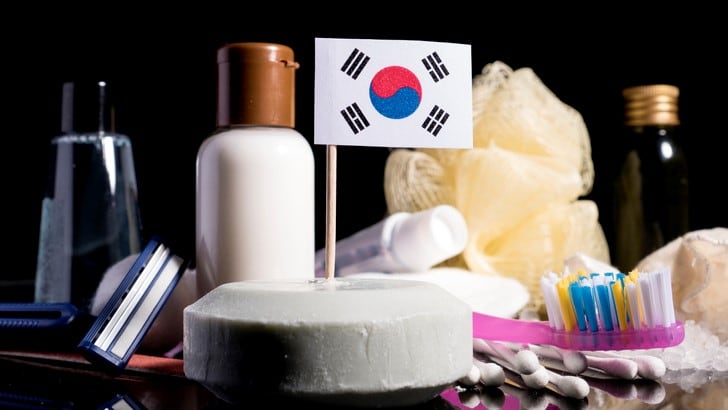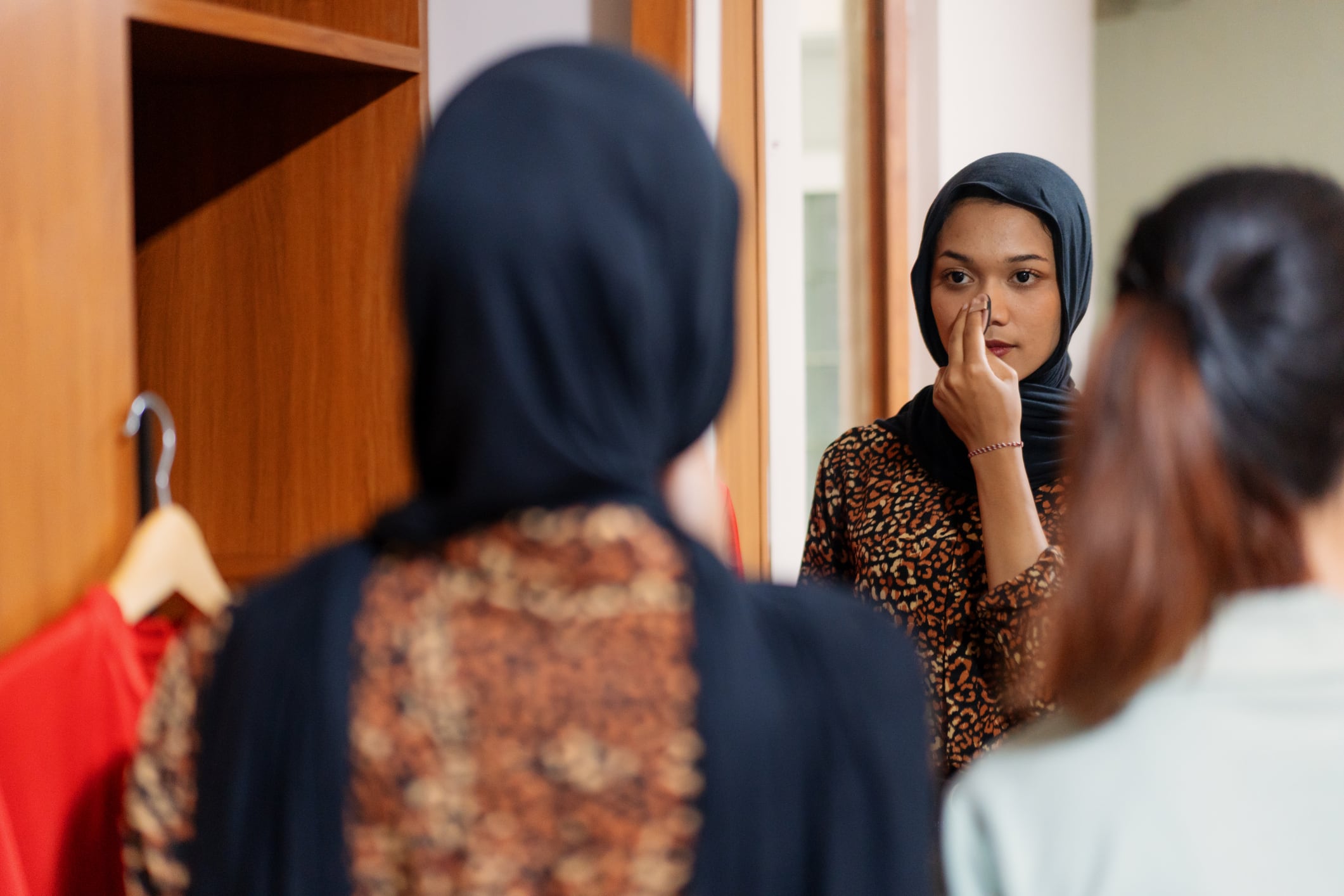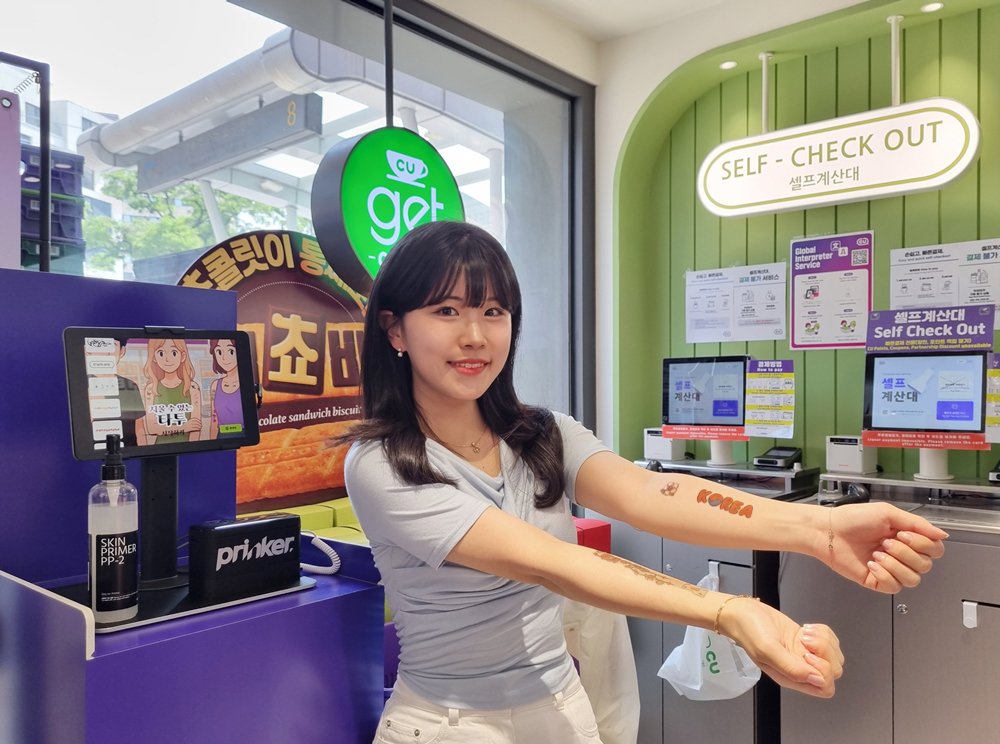The news came out via Seoul Broadcasting System (SBS) News, one of South Korea’s largest national television and radio networks, on July 7.
Although it was not specified in the news report, Lauren Lee, founder of skin care brand Jelly Ko and K-beauty consultancy STYLESTORY, identified the product to be from REVCELL, a brand owned by Cosmoreplus Co Ltd.
Also, Cosmoreplus had filed for an injunction in November 2024, claiming that Olive Young had violated Korea’s Unfair Competition Prevention and Trade Secret Protection Act.
In addition, Go Hyeon Jin, director of Cosmoreplus, was quoted in the SBS article, saying: “It’s not a similar product but an exact same product that was released, yet the price is much cheaper.”
According to the report, the company spent three years developing a mask pack with lifting effects before launching it in April 2023. It was a new type of product that features a built-in lifting band designed to lift skin from the chin to the upper part of the face.
In the following year, Cosmoreplus was informed by a business partner that a mask pack released by Olive Young was “almost identical” to its product but sold at a lower price point.
Following the injunction filed in November 2024, the court ruled in favour of Cosmoreplus on June 20 this year, stating that “it is reasonable to acknowledge that Olive Young’s mask pack was manufactured based on the design of the plaintiff’s product.
“When wearing the two products, the shape is the same, so a difference cannot be known. As the Olive Young product is substantially identical to the plaintiff’s, it is reasonable to consider it an imitation.”
The court proceeded to ban Olive Young from manufacturing, selling, and exporting the product. The beauty giant has since halted production in May and stopped sales in July.
Olive Young said that they respect the court’s decision, but they did not intentionally copy the product and had no involvement in stealing ideas or innovations.
While not unprecedented, Lee pointed out that this is a notable legal win for a smaller brand going up against a major player.
“It reinforces that Korea’s legal framework for unfair competition can offer protection even in cases involving the country’s largest retailers,” she added.
Damage done
Despite the court’s decision, Cosmoreplus has reportedly “suffered a major blow” to its sales, dropping from KRW12.8bn (USD9.85m) to KRW1.6bn (USD1.23m) over the same four-month period year-on-year.
“This year, we might be able to do only about 10% [of last year’s sales]. It’s a huge loss. Since this was in litigation, there wasn’t anything we could do to address it,” Go said.
In Lee’s opinion, this highlights a common challenge — legal remedies often come too little, too late for many small businesses.
“Indeed, many of the comments left on SBS News’ YouTube channel are lamenting the lack of punitive damages to properly compensate the smaller company, when their sales have been effectively wiped out and they have now also essentially closed off their own access to an important domestic retail channel.”
Nevertheless, there are steps that smaller brands can take to reduce their risk. These include registering intellectual property early, and maintaining detailed R&D documentation to prove originality and timelines.
“Aside from that, building a brand publicly can also act as a form of reputational defense, although this is much harder to do when the company on the other side is a retail giant like Olive Young.”





